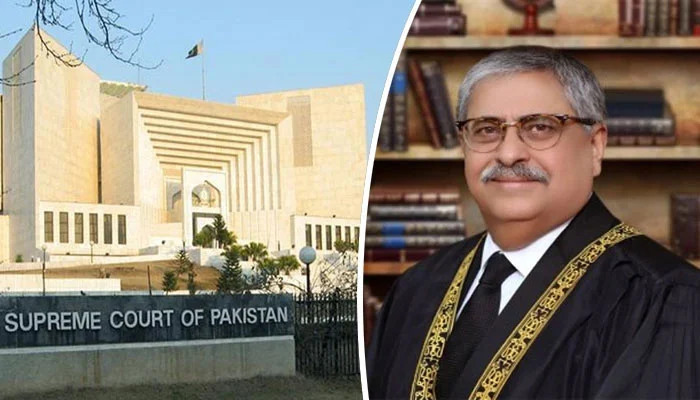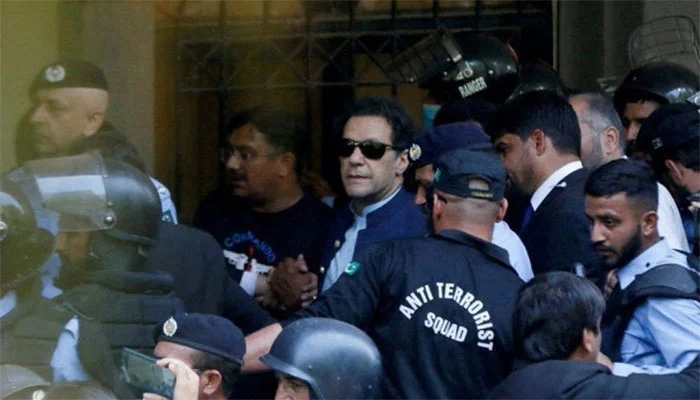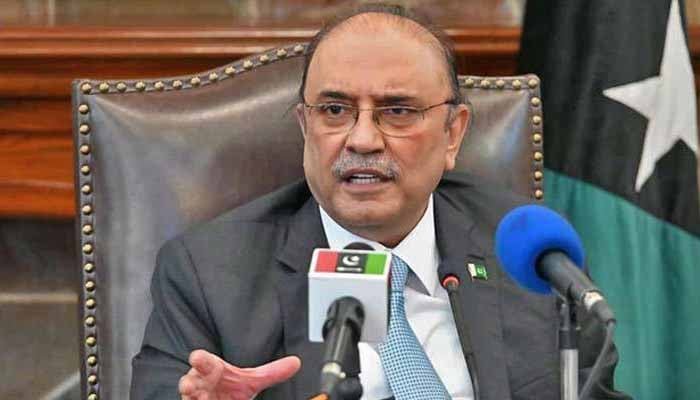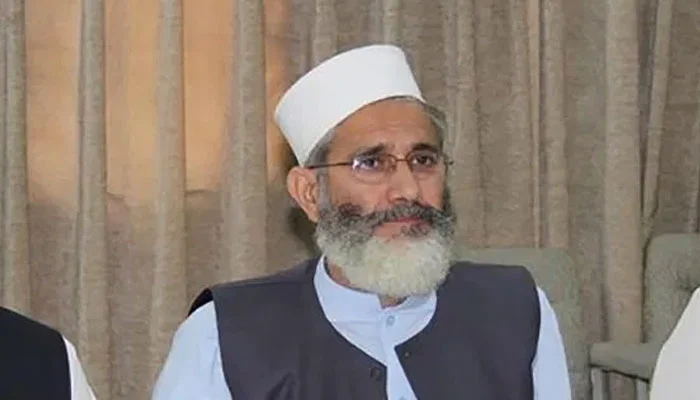In a recent development, Supreme Court Justice Athar Minallah has released an additional note comprising 41 pages concerning the issue of the general election date in Pakistan. The note addresses the constitutional requirement of holding elections within 90 days after the dissolution of the National Assembly, emphasizing that determining the election date falls under the discretionary powers of the President, as outlined in Article 48, Section 5. According to Justice Minallah, failing to set an election date within the stipulated timeframe deprives the Pakistani electorate of their rights.
The note underscores that both the Election Commission and the President violated constitutional norms by not fulfilling their responsibilities, and by not providing a date for elections by February 8. The Justice contends that this delay amounts to a constitutional violation, with the Election Commission, President, and Governors all failing to remain neutral in their respective roles. The delay in conducting elections beyond the 90-day period is considered a severe constitutional breach, with Justice Minallah asserting that any delay beyond this point would be a blatant violation of constitutional principles.
Justice Minallah further criticizes the policy of forced disappearances, noting that it has become a covert state policy affecting personal freedoms, private homes, journalists, and political workers. He emphasizes the need for solid measures to prevent future delays in elections, suggesting that the Election Commission must play a proactive role in safeguarding the constitution. The Justice concludes by stating that forced disappearances represent a violation of constitutional rights and calls for accountability in this regard.
The additional note by Justice Athar Minallah not only addresses the specific dispute over the election date but also delves into broader issues of constitutional violations, the responsibilities of constitutional bodies, and the imperative for transparency and fairness in the electoral process. This legal perspective sheds light on the complexities surrounding election procedures and constitutional adherence in Pakistan.



